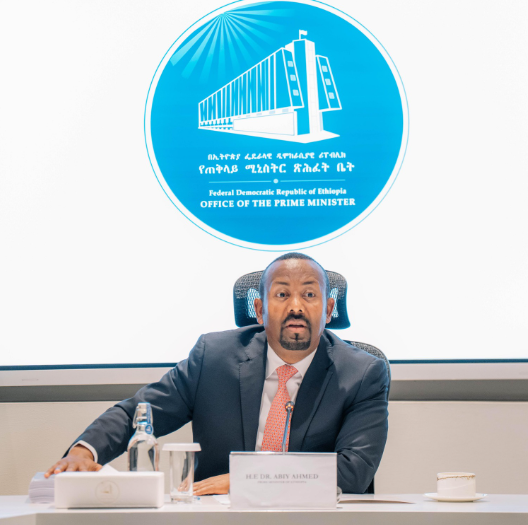Ethiopia unveils record 2 trillion birr budget amid sweeping IMF-backed reforms, prioritizing national security, economic recovery, and social protection.
Ethiopian Cabinet Approves Record 2 Trillion Birr Budget


Ethiopia’s cabinet has approved a record 2 trillion birr (approximately USD 15 billion) budget for the 2025/26 fiscal year, marking a significant 31% increase from the previous year. The announcement signals the government’s intent to advance sweeping economic reforms under a recently agreed four-year deal with the International Monetary Fund (IMF).
The proposed budget, which will take effect in July pending parliamentary approval, prioritises national security, economic productivity, and support for communities affected by natural disasters.
The increase in spending comes as Ethiopia embarks on a comprehensive economic overhaul, including plans to float its currency and restructure public debt. These measures are part of a broader reform agenda under a USD 3.4 billion loan programme, agreed at staff level with the IMF in May. The programme aims to address macroeconomic imbalances, enhance fiscal discipline, and improve governance.
A substantial portion of the budget is expected to be directed toward national security—a critical area following years of internal conflict and regional instability. In addition, significant allocations are set aside for agricultural productivity, infrastructure development, and social protection, especially in areas affected by drought, flooding, and food insecurity.
Ethiopia has been grappling with high inflation, foreign exchange shortages, and mounting public debt. Floating the birr—currently tightly managed by the central bank—is seen as a step toward easing pressure on the currency market and attracting foreign investment. However, analysts warn that the transition may also bring short-term inflationary risks.
The IMF-backed programme is expected to provide much-needed external financing and unlock additional support from other multilateral institutions and donors. In return, Ethiopia has pledged to implement structural reforms aimed at improving public financial management, enhancing revenue collection, and increasing transparency in state-owned enterprises.
Despite the ambitious nature of the reform package, public sentiment remains mixed. While some welcome the government’s renewed focus on economic recovery, others express concern over the social costs of austerity measures and the impact of currency liberalisation on everyday living standards.
The new budget also arrives at a time of political uncertainty, as the government works to consolidate peace following the conflict in Tigray and manage tensions in other parts of the country.
As the draft budget moves to parliament for approval, observers will be watching closely to see how Ethiopia balances reform with social stability.

 বাংলা
বাংলা  Spanish
Spanish  Arabic
Arabic  French
French  Chinese
Chinese 
